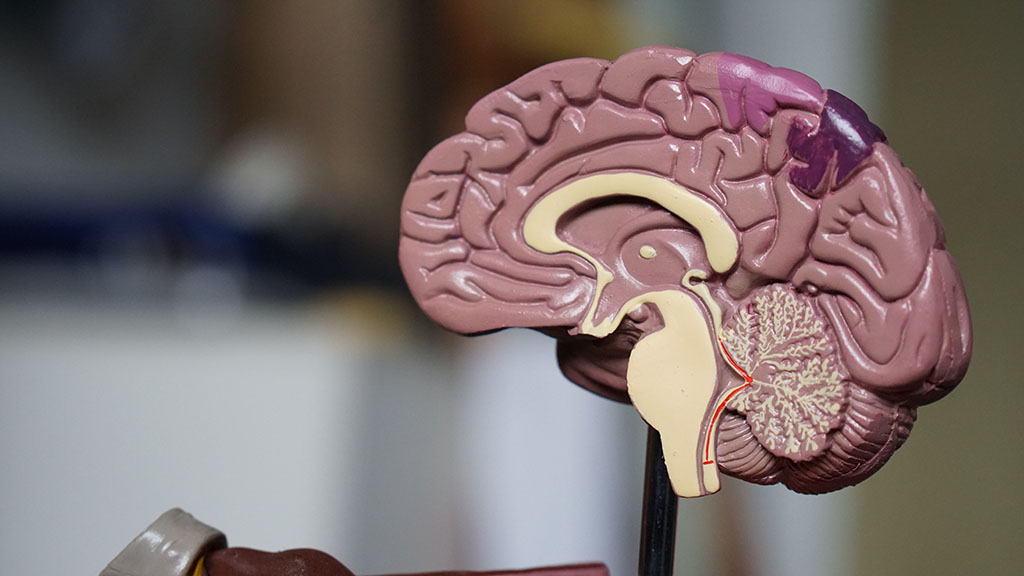The Language of Memory: UChicago Study Reveals Surprising Role of Bilingualism in False Memory Formation
In a fascinating twist to our understanding of memory and language, a recent study conducted by the University of Chicago has found a novel relationship between bilingualism and memory. It's been a common belief that navigating a second, non-native language might lead to misinterpretations and hence, the formation of false memories. However, this new research intriguingly suggests the opposite: using a foreign language can actually reduce the incidence of false memories.

The study, led by Prof. Boaz Keysar of the Multilingualism and Decision-Making Lab at UChicago, has intriguing implications for the millions of people around the world who use a second language daily. "What's really interesting about what we find is it's exactly the opposite,” said Keysar. “People have fewer false memories in their second language” [1].
A New Perspective on Bilingualism and Memory
The assumption that using a second language might make individuals more susceptible to false memories seems intuitively plausible. After all, navigating an unfamiliar linguistic landscape can be challenging. Yet, this UChicago study turns that assumption on its head, demonstrating that people using their second language exhibit a higher level of memory monitoring, making them more cautious in their judgments and decision-making [1].
Testing False Memory Formation
The UChicago research team designed two ingenious studies to test their hypothesis. In the first, 120 bilingual participants who spoke Mandarin Chinese and English were presented with lists of related words, with one common word purposely missing. The aim was to create a 'lure' that would make the brain fill in the easy association, thereby creating a false memory. The results? Participants were less likely to falsely recall the missing words if they were presented in their second language [1].
The second study delved into the realm of eyewitness testimony, examining how bilingualism might play a role in the so-called misinformation effect. Participants watched silent videos of a crime, and then listened to corresponding audio narratives filled with both true and false details. Interestingly, participants were more likely to catch the misleading information when it was presented in their foreign language [1].
The Power of the Foreign Language Effect
This phenomenon, referred to as the "foreign language effect," has far-reaching implications, from courtroom verdicts to political campaigns and everyday decision-making. As the research shows, using a foreign language stimulates a different system of reasoning that is less automatic and more meticulous. This shift in cognitive functioning can lead to a higher level of memory monitoring, thereby reducing the probability of false memories.
Contrary to the assumption that foreign language users would be more susceptible to false memories due to potential misunderstandings or linguistic challenges, the study suggests that the effort needed to navigate a non-native language enhances our cognitive vigilance. This heightened awareness can make us more careful with our judgments and decision-making, even when we're not consciously aware of it.
Additionally, the foreign language effect challenges the misconception that using a foreign language might lead to worse decisions. As the lead author, Leigh Grant, points out, this study offers an alternative perspective that implies more accurate recollections when using a foreign language.
The foreign language effect has significant implications not only for our personal lives but also for areas such as legal, political, and everyday decision-making. For instance, it can influence our ability to discern between true and false information, which is crucial in an era of rampant misinformation. Furthermore, it holds specific implications for immigrants, refugees, and anyone who lives in a country where their native language isn't primarily spoken. The study posits that their foreign language use might enhance their ability to distinguish between true and false memories, thus providing a valuable cognitive advantage. [1].
The Road Ahead
As the researchers look to future studies, they aim to test other language combinations and further explore the relationship between visual and auditory information [1]. The findings from this research have opened up a new avenue for understanding the complex dynamics between language and memory, and the potential impact on our decision-making processes.
While this is a significant step forward, it is but the tip of the iceberg. There is much more to discover about the intricate interplay between language and memory, and studies like this one from UChicago are leading the way.
References
[1]:. "Using a foreign language can reduce false memories, study shows"
Leave a Reply